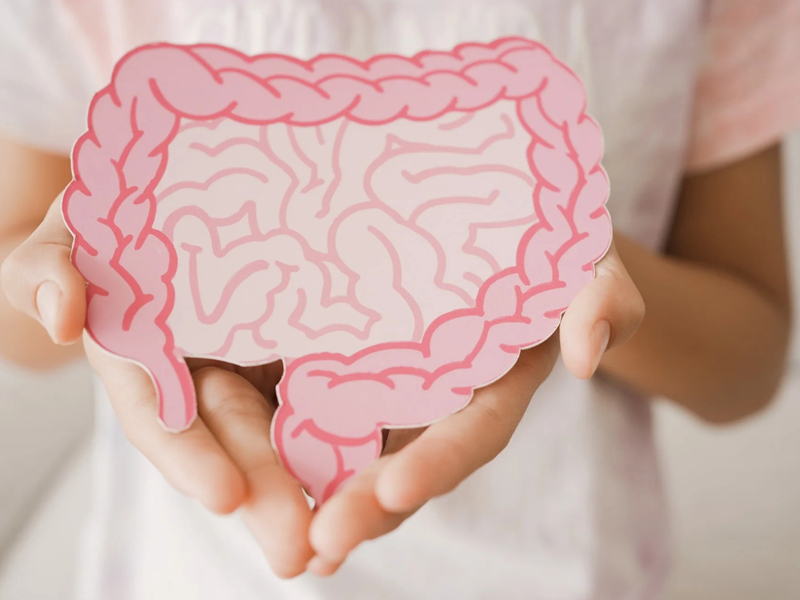
Emerging research indicates that the gut microbiome, the vast community of microorganisms residing in our intestines, plays a crucial role in this connection. These microbes produce various metabolites that can influence brain function. For instance, they synthesize neurotransmitters such as serotonin, which is essential for regulating mood and emotional balance. Approximately 90 percent of serotonin is produced in the gut, highlighting the importance of maintaining a healthy gut microbiome for mental health.
Diet is a key factor that shapes the gut microbiome. Consuming a diverse range of fruits, vegetables, whole grains, and fermented foods can promote a healthy microbial balance. Foods rich in fiber serve as prebiotics, nourishing beneficial bacteria and supporting their growth. On the other hand, a diet high in processed foods and sugars can lead to dysbiosis, an imbalance in the gut microbiome that may negatively impact mental health.

Stress is another critical element that affects the gut-brain axis. Chronic stress can disrupt the gut microbiome and lead to gastrointestinal issues, creating a vicious cycle that impacts both gut health and mental well-being. Practicing stress-reduction techniques such as mindfulness, yoga, or deep-breathing exercises can help mitigate these effects and promote a healthier gut-brain connection.
Sleep quality also plays a significant role in the gut-brain axis. Poor sleep can alter gut microbiota composition and exacerbate gastrointestinal problems, while a healthy gut can support better sleep patterns. Establishing a consistent sleep routine and prioritizing restorative sleep can enhance both gut health and cognitive function.
Probiotics and prebiotics have gained popularity for their potential benefits in supporting the gut-brain axis. Probiotics are live beneficial bacteria that can help restore balance to the gut microbiome, while prebiotics serve as food for these bacteria. Incorporating probiotic-rich foods such as yogurt, kefir, and sauerkraut into your diet can promote gut health and, in turn, may positively influence mood and cognitive function.
Incorporating regular physical activity is another effective strategy for supporting the gut-brain axis. Exercise has been shown to promote a diverse gut microbiome and enhance overall mental health. Even moderate exercise, such as walking or cycling, can have a positive impact on both gut health and mood.
Understanding the gut-brain axis is essential for anyone looking to improve their overall health. By focusing on diet, stress management, sleep quality, and physical activity, individuals can foster a healthier gut microbiome that supports not only digestive health but also mental well-being. As research continues to unravel the complexities of this connection, the importance of nurturing the gut-brain axis in our daily lives becomes increasingly clear.







